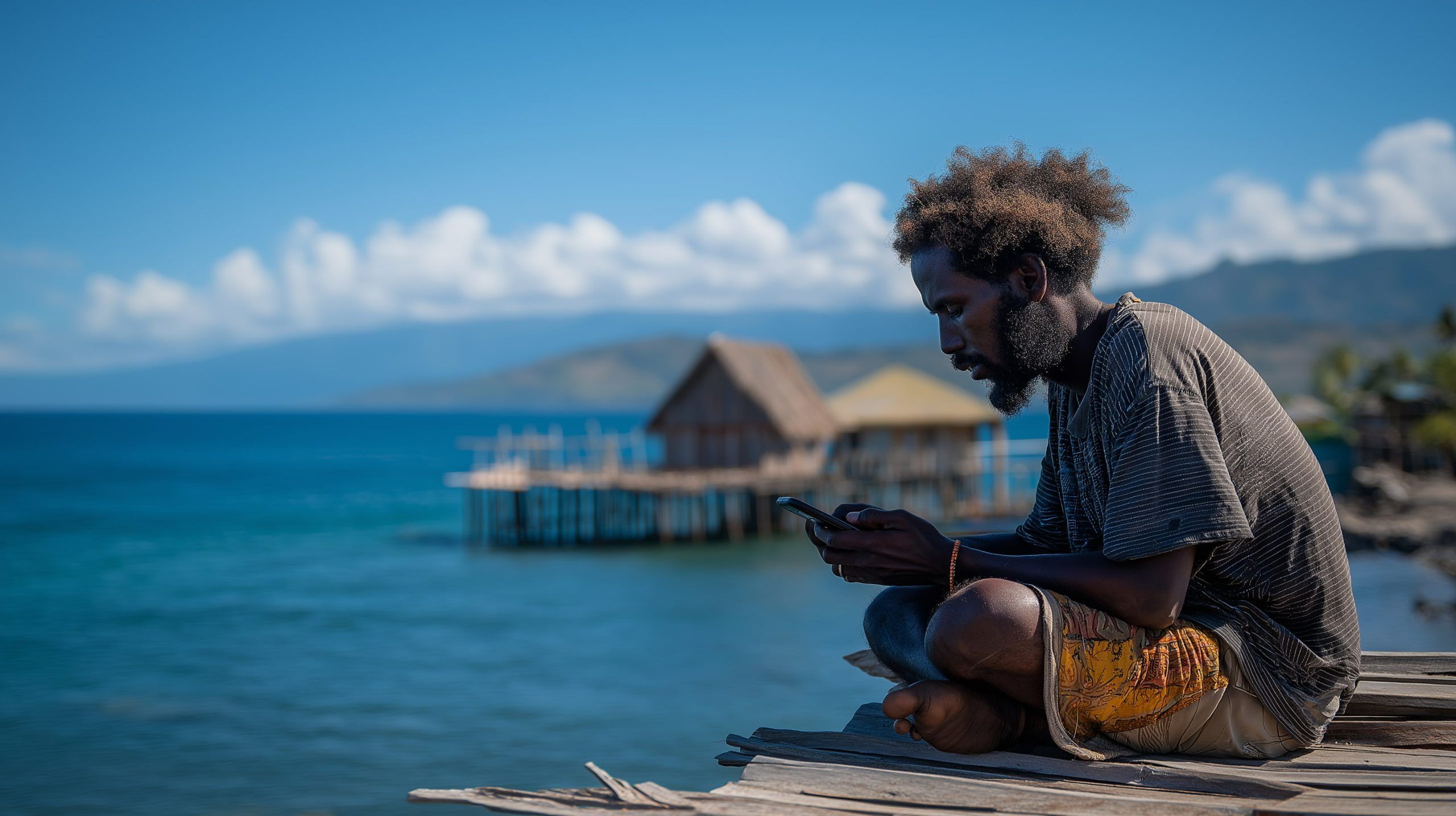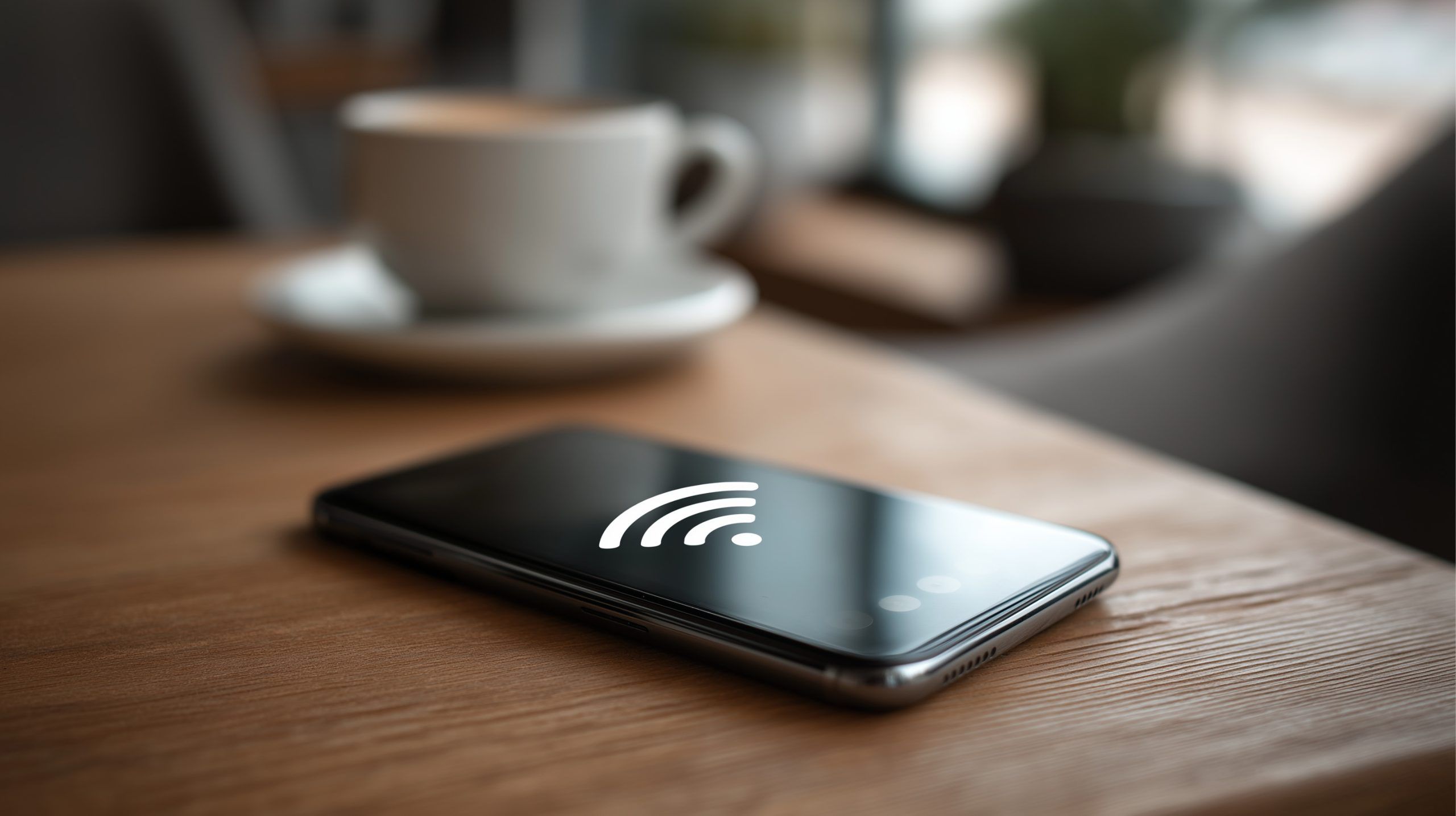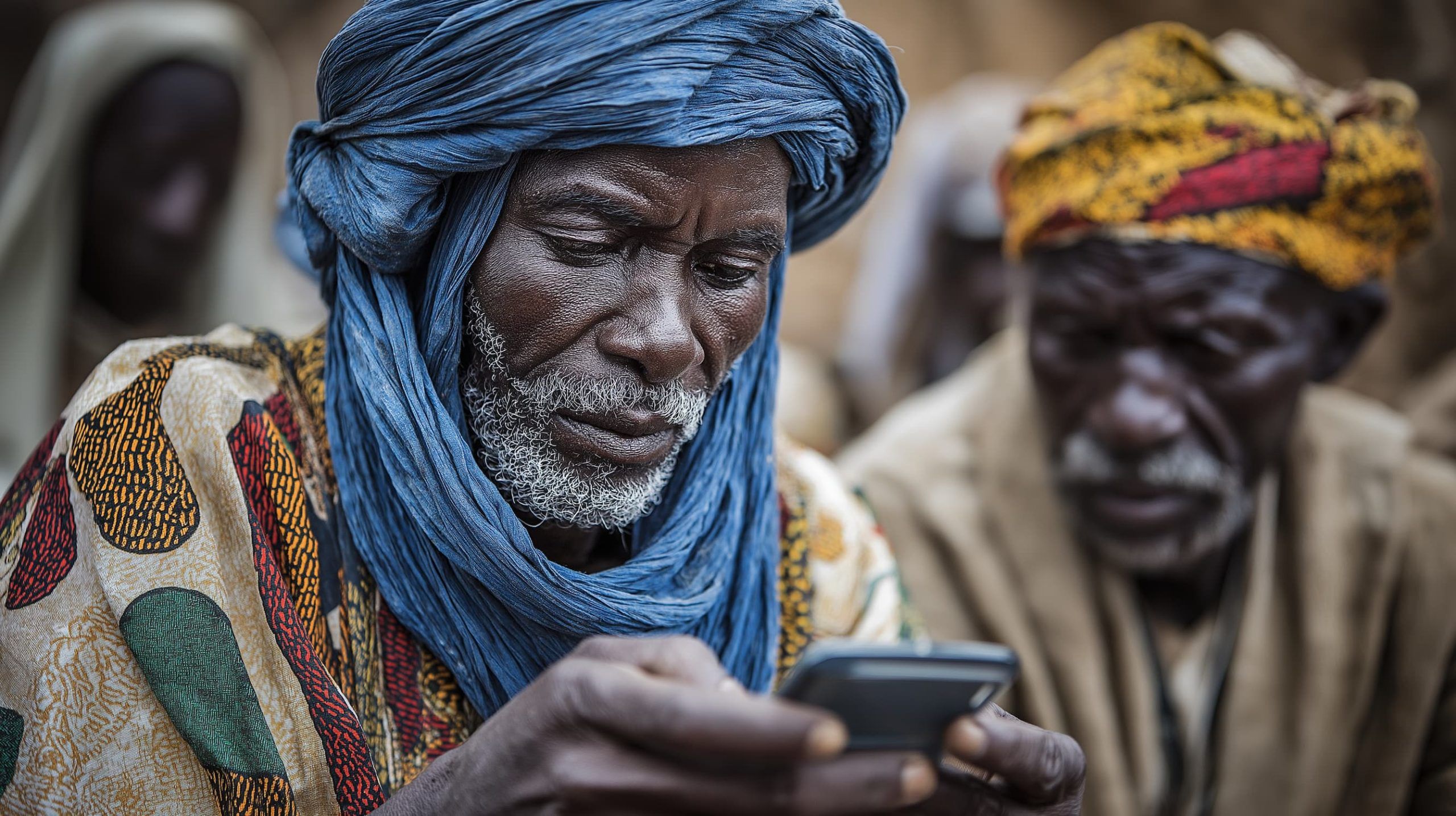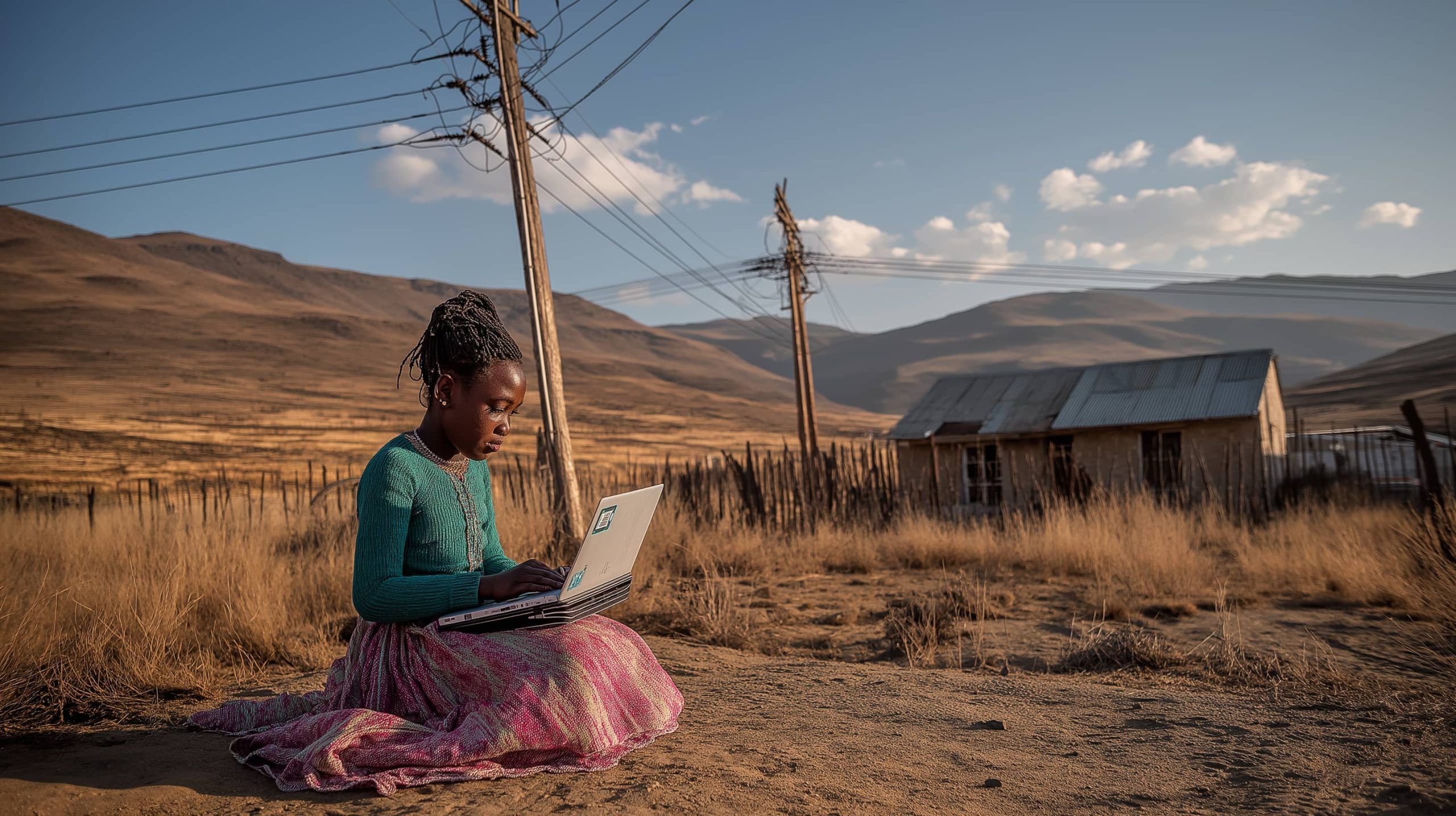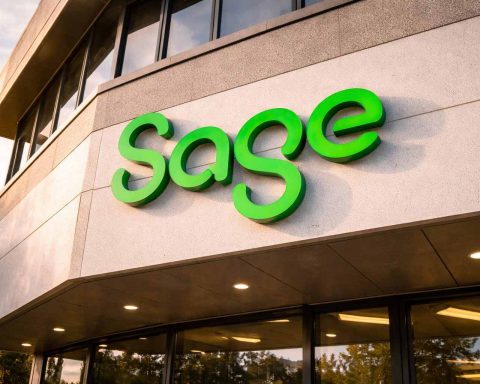
Starlink in Kiribati: 2025 Update on Coverage, Costs and the New Community Gateway
Kiribati, a nation of 33 low‑lying coral atolls spread over a vast swathe of the central Pacific, has long been one of the hardest places on Earth to connect to the internet. That is changing quickly. In 2025, Starlink moved from “grey‑market” satellite dishes on rooftops to an officially recognised national service, capped by the launch of a state‑backed Starlink…



